Comprehensive Guide to Buying Tablet Phones in Nigeria – What to Look For and Where to Find the Best Deals
Comprehensive Guide to Buying Tablet Phones in Nigeria – What to Look For and Where to Find the Best Deals
Tablets are becoming increasingly popular in Nigeria, with more people looking for a device that offers them the portability and convenience of a phone with the features and capabilities of a laptop. In this comprehensive guide, we will explore what features to look for in a tablet phone, as well as the best places to find the best deals. From the basics such as screen size and processor type to more specialized features like cameras and storage capacity, we’ll cover it all. We’ll also look at the different types of tablets available in Nigeria, and the best places to shop for them. With this guide, you’ll be able to find the perfect tablet phone for your needs, at the right price.
What to Look For in a Tablet Phone
There are a few key features that you should keep an eye out for when searching for a tablet phone. The first, and perhaps most important, is the screen size. This will largely determine how the device will be used, and the experience it offers. The smaller the screen, the less comfortable it will be to use, while the larger it is, the more flexible it will be. The average screen size of a phone is around 5-inches and anything above that can be used as a tablet. You should also keep an eye out for the processor type and speed. This will determine how quickly and efficiently the device performs, and how smoothly it responds. The more processor cores a device has, the better, as this will allow the device to perform multiple tasks at a time without slowing significantly. The camera type and quality are also important. If you want to be able to take pictures with your tablet, you need a camera. The higher the megapixel rating, the better the quality, but bear in mind that megapixels relate to the resolution of the image, not the physical size of the image itself. Storage capacity is also important, as you don’t want to run out of space for your photos or music halfway through your trip.
a. Screen Size
The first and most important feature you’ll want to keep an eye out for is the screen size. This will largely determine how the device will be used, and the experience it offers. The smaller the screen, the less comfortable it will be to use as a tablet, while the larger it is, the more flexible it will be. The average screen size of a phone is around 5-inches, and anything above that can be used as a tablet. You should also keep an eye out for the resolution of the screen. This is measured in pixels, with the higher the number, the clearer and more vibrant the image on the screen will be. You should also keep an screen type in mind. There are two main types of screen displays, reflective and capacitive. The former is cheaper to produce, but it is less responsive. The latter is more expensive, but it is more responsive and less likely to suffer from glare.
b. Processor Type
The next thing you’ll want to keep an eye out for is the processor type and speed. This will determine how quickly and efficiently the device performs, and how smoothly it responds. The more processor cores a device has, the better, as this will allow the device to perform multiple tasks at a time without slowing significantly. You also want to keep an eye out for the RAM capacity. This determines how many apps and programs you can run on the device at once without slowing down. The more RAM a device has, the better. The type of processor and RAM your device has will ultimately determine its performance, so keep this in mind. You should also keep an eye out for the operating system (OS) your device uses. The more recent the OS, the more likely your device will receive future software updates.
c. Camera Quality
The next thing you’ll want to keep an eye out for is the camera quality. If you want to be able to take pictures with your tablet, you need a camera. The higher the megapixel rating, the better the quality, but bear in mind that megapixels relate to the resolution of the image, not the physical size of the image itself. The more megapixels the camera has, the better the image quality will be. You should also keep an eye out for the aperture of the camera. This determines how much light will be allowed into the camera and will ultimately affect the quality of the image. The higher the aperture number, the better the image quality will be. You should also keep an eye out for the autofocus feature. This will allow you to take sharper images without having to manually focus the camera. The more autofocus features a camera has, the better.
d. Storage Capacity
The next thing you’ll want to keep an eye out for is the storage capacity. You don’t want to run out of space for your photos or music halfway through your trip. You should keep in mind the type of memory your device uses. There are many different types of memory available, such as flash memory and hard drive memory. Flash memory is more common and is generally less expensive, but it is also less durable and less reliable than hard drive memory. Hard drive memory is more expensive but is more durable and reliable. You should also keep an eye out for the type of SD card your device uses. There are two main types of SD cards, SD and SDHC. The latter is more recent and is more likely to be compatible with your device. You will also need to consider the maximum storage capacity of your device. This will allow you to determine how many photos and videos you can store on your device before you need to clear some space.
e. Operating System
The last thing you’ll want to keep an eye out for is the operating system (OS) your device uses. The more recent the OS, the more likely your device will receive future software updates. You will also want to keep an eye out for the type of user interface your device has. There are two main types of UI, the stock UI, and a skinned UI. The stock UI is the default OS interface, while a skinned UI is applied over the OS interface to give it a new look. You should also keep an eye out for how many cores your device has. The more cores your device has, the more efficiently it will perform tasks. You should also keep an eye out for the amount of RAM your device has. The more RAM your device has, the faster it will perform tasks.
Types of Tablets Available in Nigeria
There are a number of different types of tablets available in Nigeria, each with their own unique features, abilities, and limitations. – Android Tablets – Android tablets are a staple of the tablet market and can be found in all shapes and sizes, from small, portable devices to larger and more robust models with cellular capabilities. Android tablets have a wide range of uses, from general internet browsing and gaming to more specific applications, such as barcode scanning in retail. Android tablets are easily the most popular tablet choice in Nigeria. – Apple Tablets – Apple tablets are generally easier to use and more intuitive than their Android counterparts, with a user interface that has been streamlined to be as user-friendly as possible. Apple tablets are generally more expensive than Android tablets, but they do have much higher resale values, as they are considered to be more desirable. – Windows Tablets – Windows tablets are a popular choice for business users and those who need a more robust device than an Android or Apple tablet. They are often larger and more robust than other tablets, and they often have cellular capabilities. However, they are less popular than Android and Apple tablets and so can be harder to find, and their overall functionality is often behind other tablets.
Where to Find the Best Deals
The best place to find the best deals on tablets in Nigeria is online. Online retailers, such as Jumia, deliver a wide variety of tablets to your door and offer a range of payment options, making them a convenient option for all kinds of customers. To find the best deals, you should first identify the type of tablet you are looking for. This will help you to narrow down your search, and you can then use comparison sites to find the best deal on your chosen tablet. In addition to finding the best deal, you can also make use of a tablet review website to help you make your decision. These sites will provide you with a detailed breakdown of the features and capabilities of different tablets, allowing you to make an informed decision.
Conclusion
Tablets are becoming increasingly popular in Nigeria, with more people looking for a device that offers them the portability and convenience of a phone with the features and capabilities of a laptop


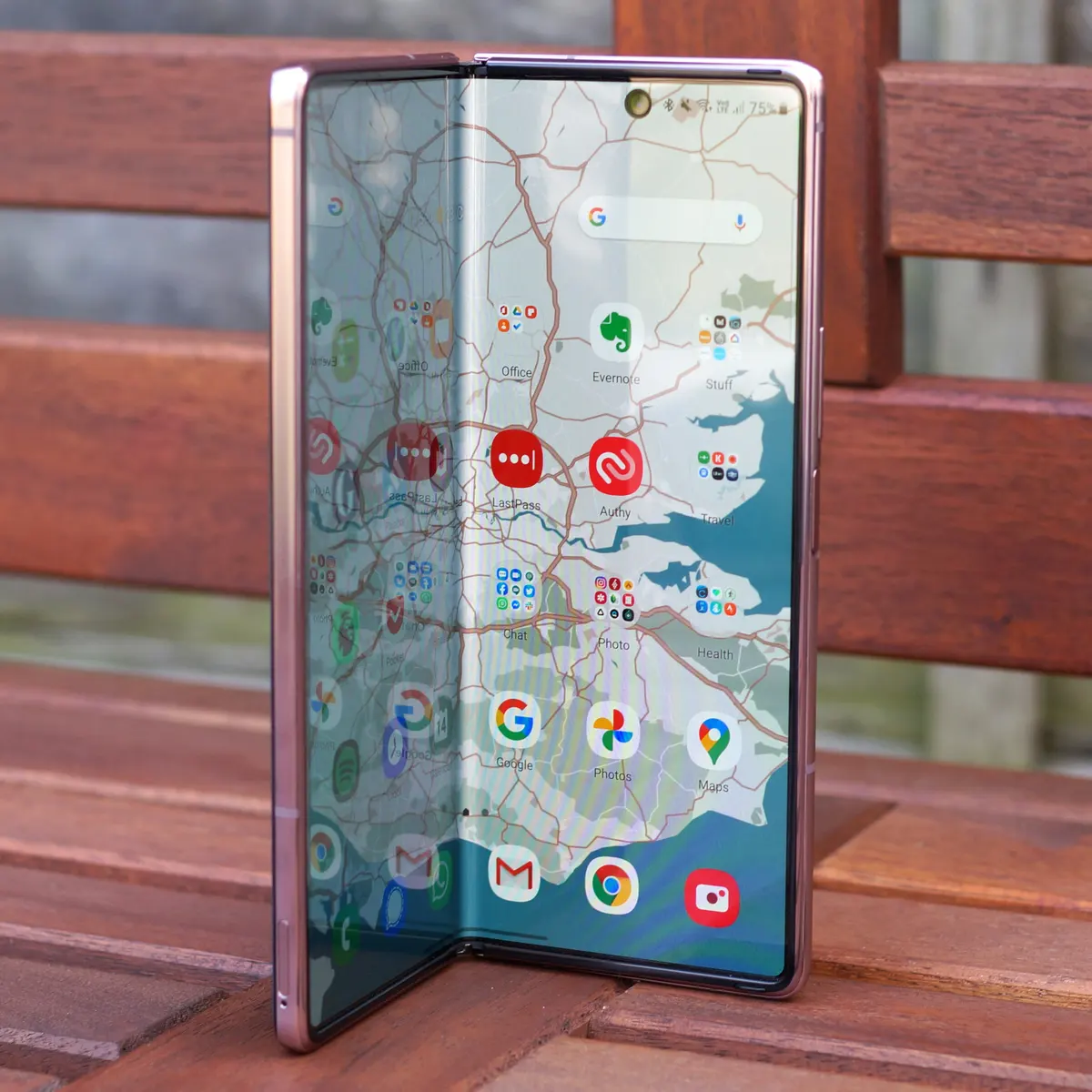

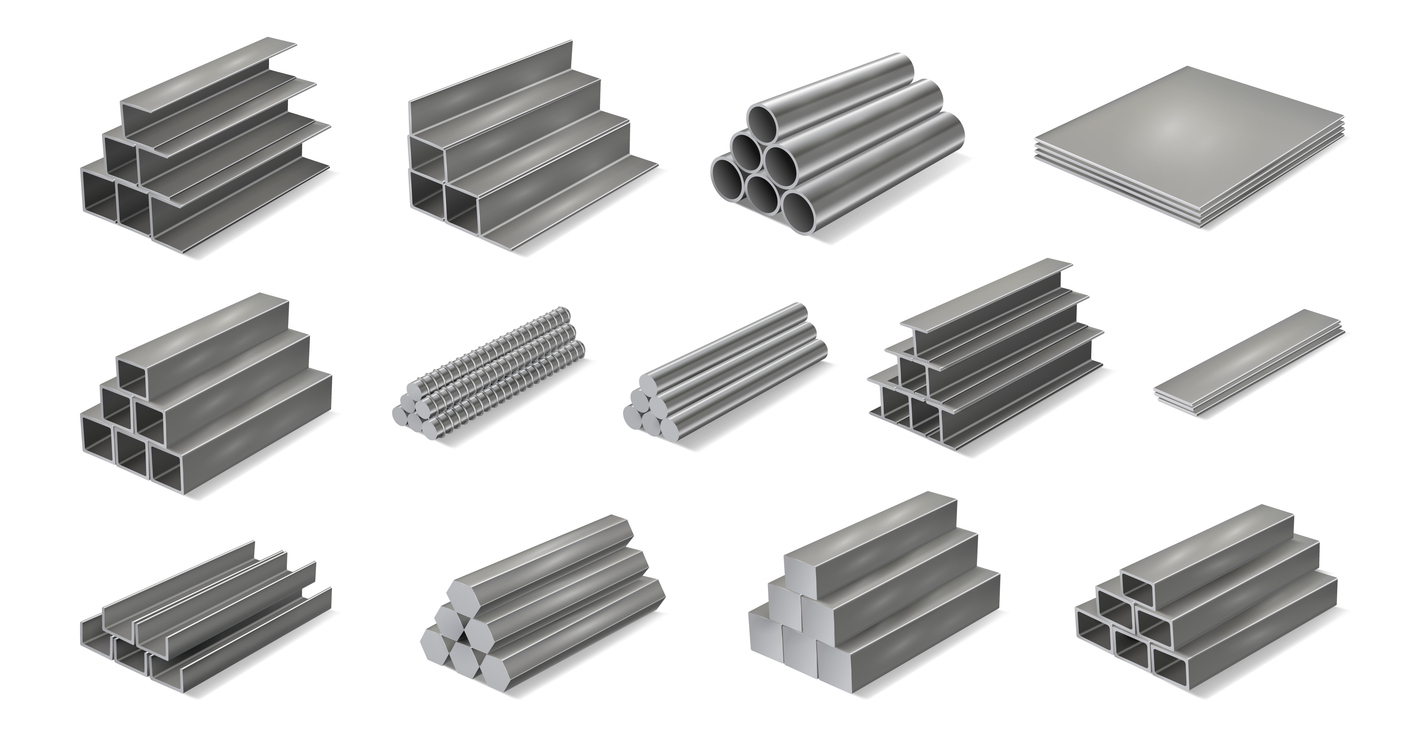
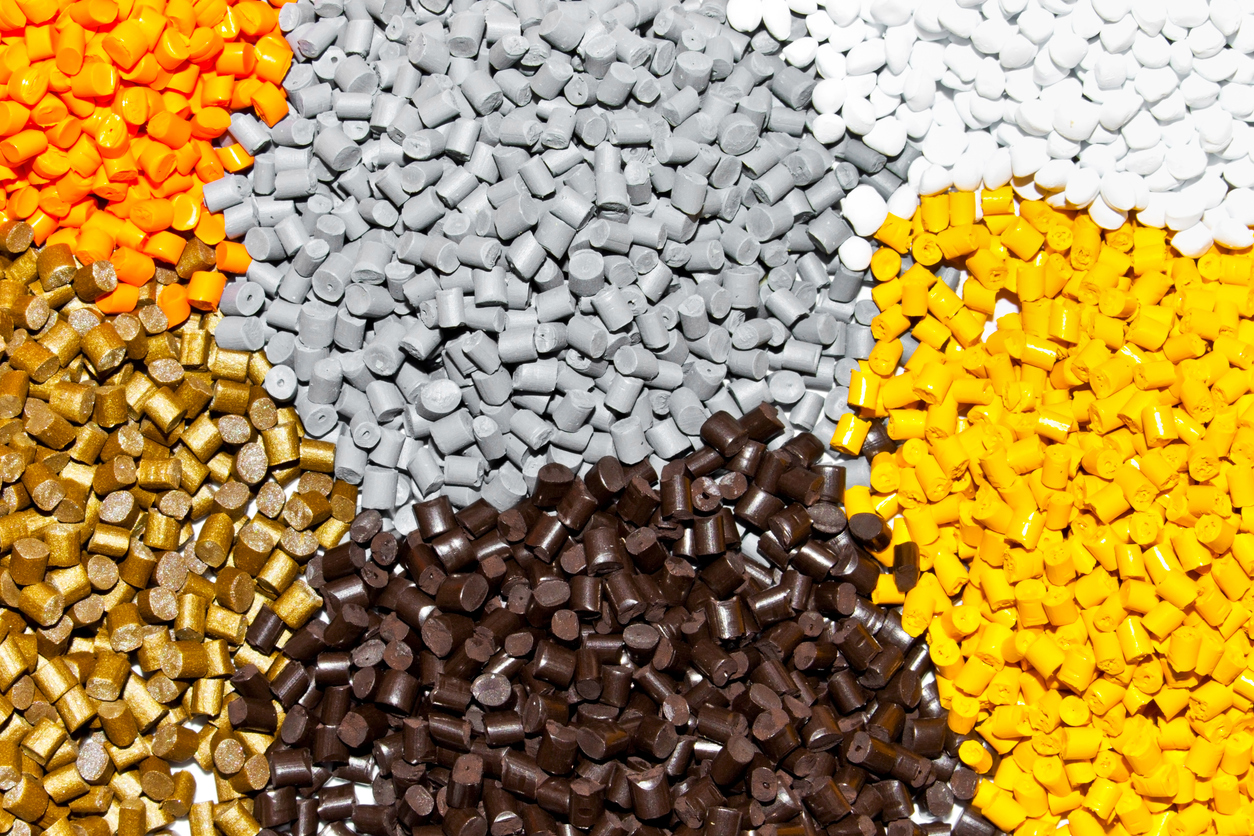
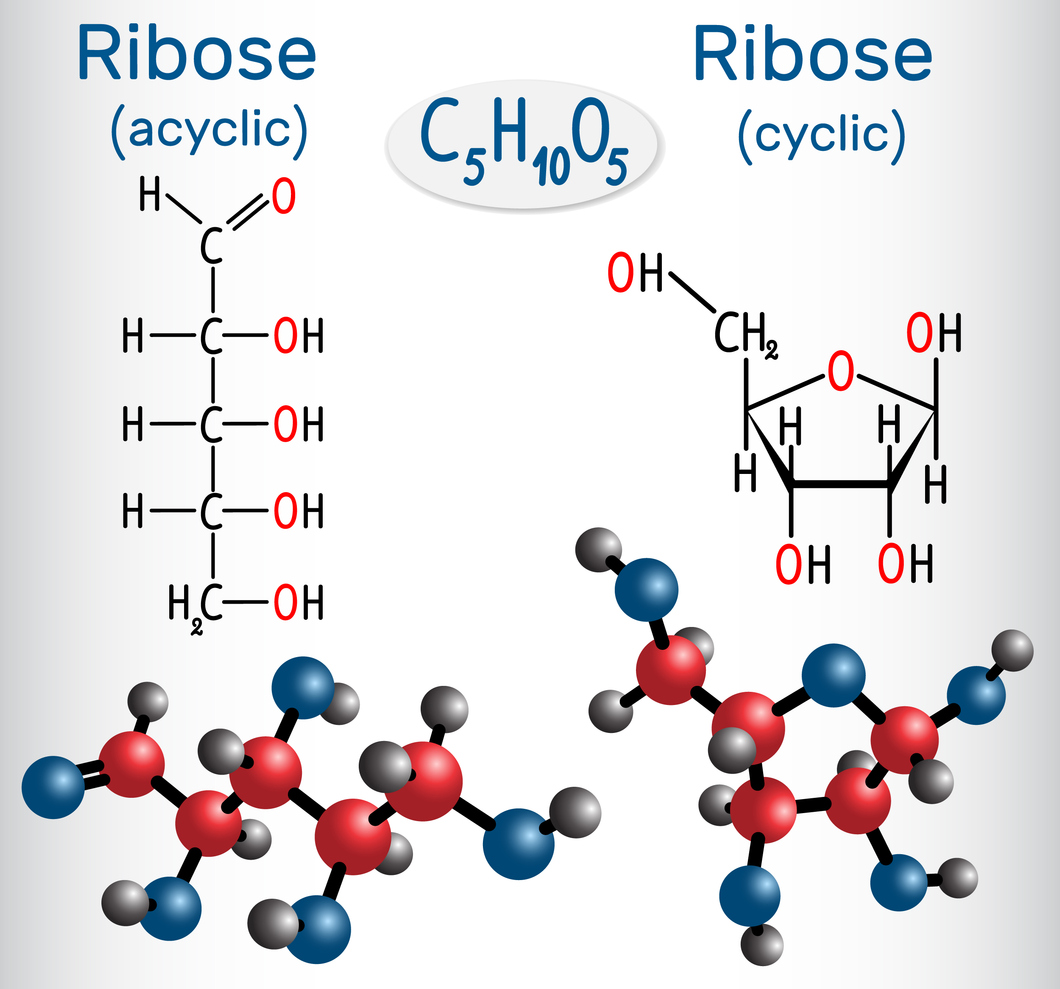
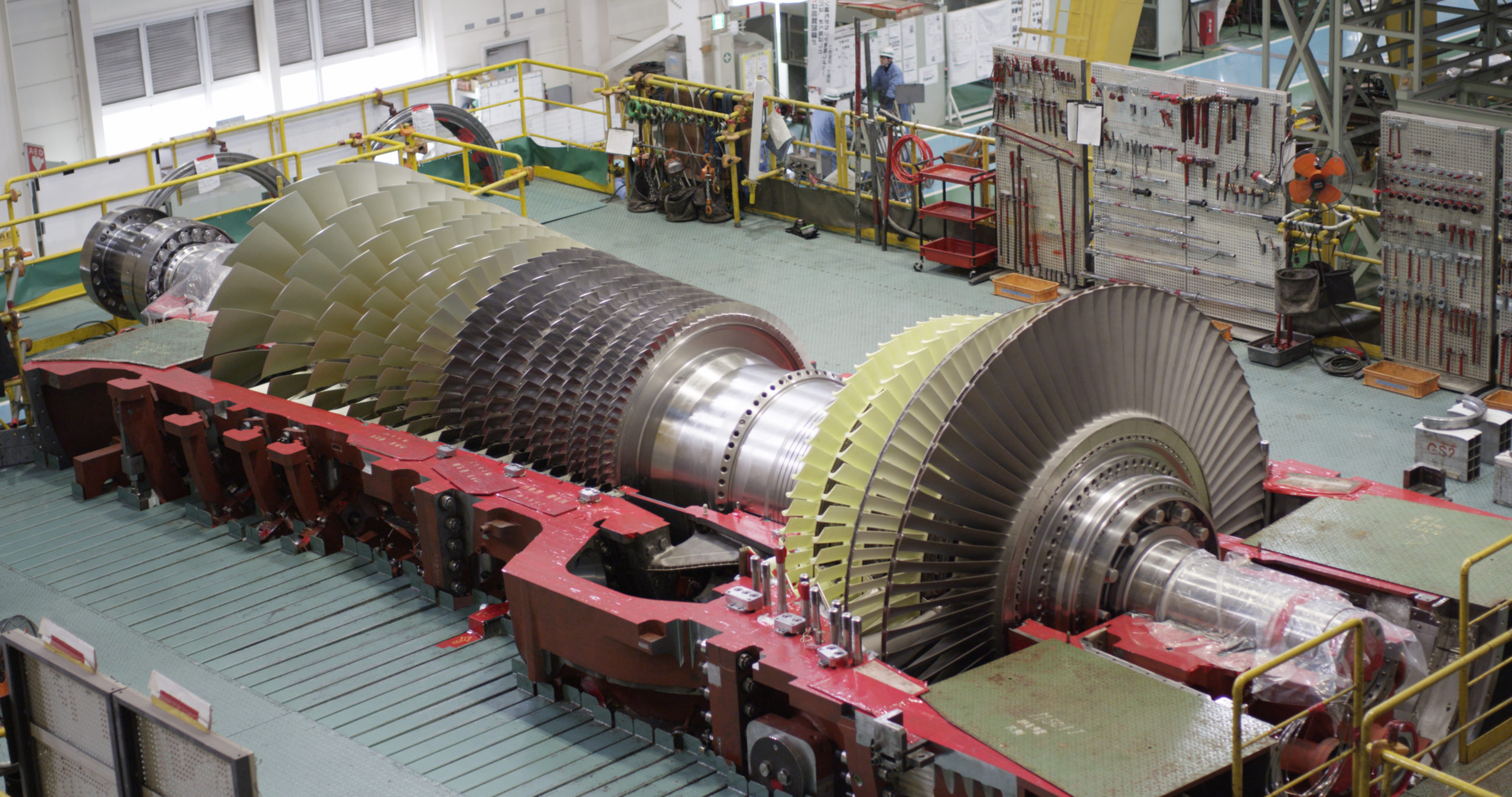
LEAVE A COMMENT
You must be logged in to post a comment.